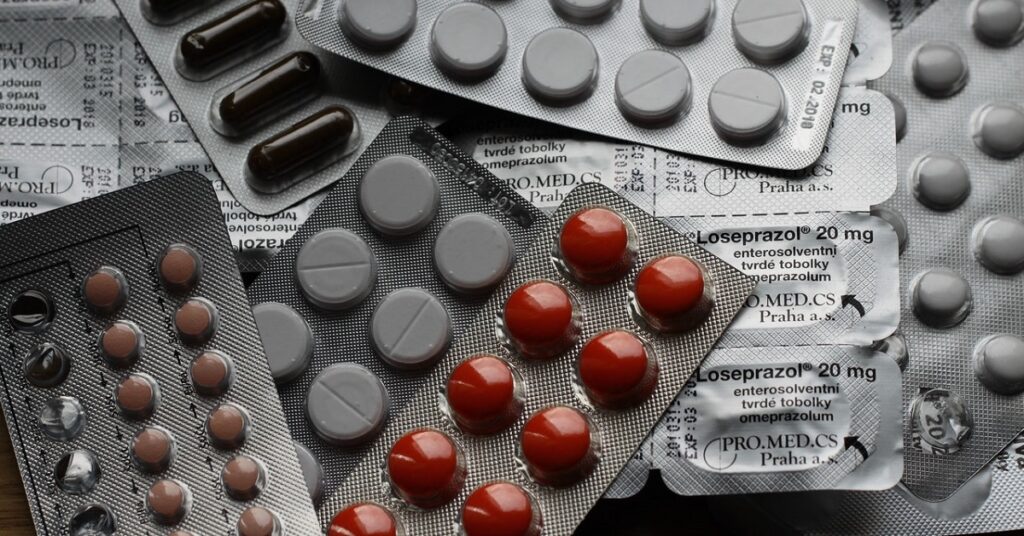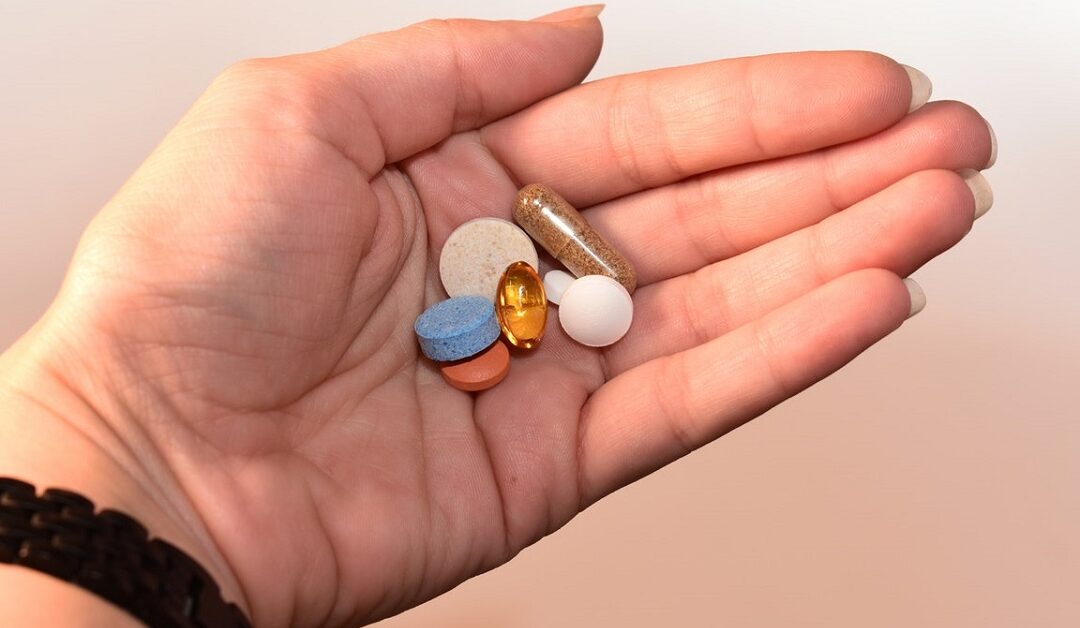Malaria is a disease spread by certain mosquitoes, which are widespread in tropical and subtropical regions of the world. These mosquitoes usually carry parasites. Symptoms of malaria can be disturbing and they may include sweating, vomiting, headaches, chills, and diarrhoea. If left untreated, malaria can be fatal. Keep reading to learn more about antimalarials in Dartford.
The good news is that malaria tablets offer you protection from this condition. It is important to check if the country you plan to travel to has a malaria problem before leaving the country. To ensure your safety, it may be a good idea to take malaria medication prior to, during, and after your trip.

Symptoms of malaria
Malaria is sometimes difficult to detect, but it is characterised by the following symptoms:
- Sweats and chills caused by a high temperature
- Feeling confused and having headaches
- Tiredness and sleepiness (especially in children)
- Having an upset stomach, diarrhoea, and feeling sick
- Appetite loss
- Pain in the muscles
- A yellow skin tone or a yellow eye white
- Feeling sore throat, coughing, and having difficulty breathing
It usually takes between 7 and 18 days after you get bitten by a mosquito for these symptoms to appear. In some cases, you may not experience symptoms for months after travelling, and more rarely symptoms may not appear until years later.

What are antimalarials in Dartford?
Using these tablets, you can protect yourself against malaria by helping your body fight the disease-causing parasite. The infection is transmitted through mosquito bites, which are the main vectors of this parasite.
In order to achieve full protection, malaria tablets need to be taken correctly as well as precautions like avoiding mosquito bites. The effectiveness of these drugs is greatly reduced if they are not taken as prescribed.
Normally, malaria tablets are only available on prescription. Nevertheless, you can order them through Hodgson Pharmacy to avoid the hassle of visiting your physician.
How to prevent malaria
Malaria can be treated and prevented with medications like antimalarial tablets. It is wise to take these tablets before travelling to malaria-infested areas where you are likely to contract malaria.
The best time to get this done is at least 4 to 6 weeks before your trip, but you can still get advice at the last minute if necessary.
Taking antimalarial tablets can reduce your chances of acquiring malaria by almost 90%.
In order for a pharmacist to determine which type of antimalarial tablet to prescribe, you will generally need the following information:
- Travel destinations
- Family medical history that is relevant
- Medications the traveller is allergic to, or any allergies they may have
- Any medication you’re currently taking
- Previous experiences with antimalarial medications
- Your age
- Pregnancy status
Prior to travelling, you may need to take a trial course of antimalarial tablets. It’s usually a short course that checks for any adverse reactions or side effects. You may need to take antimalarials before jetting off if you experience serious side effects.

How to take antimalarial tablets:
As directed by your travel health professional, you should begin taking antimalarial tablets before arriving in a malaria-risk area.
Depending on the tablet, you might need to start it a few days or a week before you travel. This means you will give your body protection early enough with antimalarial medications so you can start preventing infection as soon as you arrive.
You can still contract malaria if you don’t take the tablets properly. Despite leaving the high-risk malaria country, it’s still necessary to complete the malaria treatment. Stopping a course of malaria tablets too early may lead to malaria infection if the parasites are already inside your body.
Which antimalarials in Dartford are the best?
Among the most common antimalarial drugs are:
- Chloroquine phosphate. Whenever a parasite is sensitive to chloroquine, it is the preferred treatment.
- Artemisinin-based combination therapies (ACTs). The ACT is a combination of two or more drugs that work in different ways to kill the malaria parasite.
- Atovaquone-proguanil (Malarone)
- Quinine sulfate (Qualaquin) with doxycycline (Oracea, Vibramycin, others)
- Primaquine phosphate
The UK requires a prescription for antimalarial tablets, except for:
- Chloroquine and/or proguanil – which you can easily access at your local pharmacies
- Atovaquone/proguanil – also available at local pharmacies (with some restrictions)
If you are unsure which antimalarials are best for you or your family, consult with your pharmacist.

How to treat malaria with antimalarials in Dartford
You can recover fully from malaria if your pharmacist diagnoses and treats it promptly with proper medication. If your blood test confirms that you have this disease, then you should begin treatment immediately. Ensure that you visit a hospital for treatment as soon as you suspect that you may have Malaria.
Contact Hodgson Pharmacy today to book your consultation before you travel.
This blog post was written on behalf of Hodgson Pharmacy by Pharmacy Mentor


Recent Comments